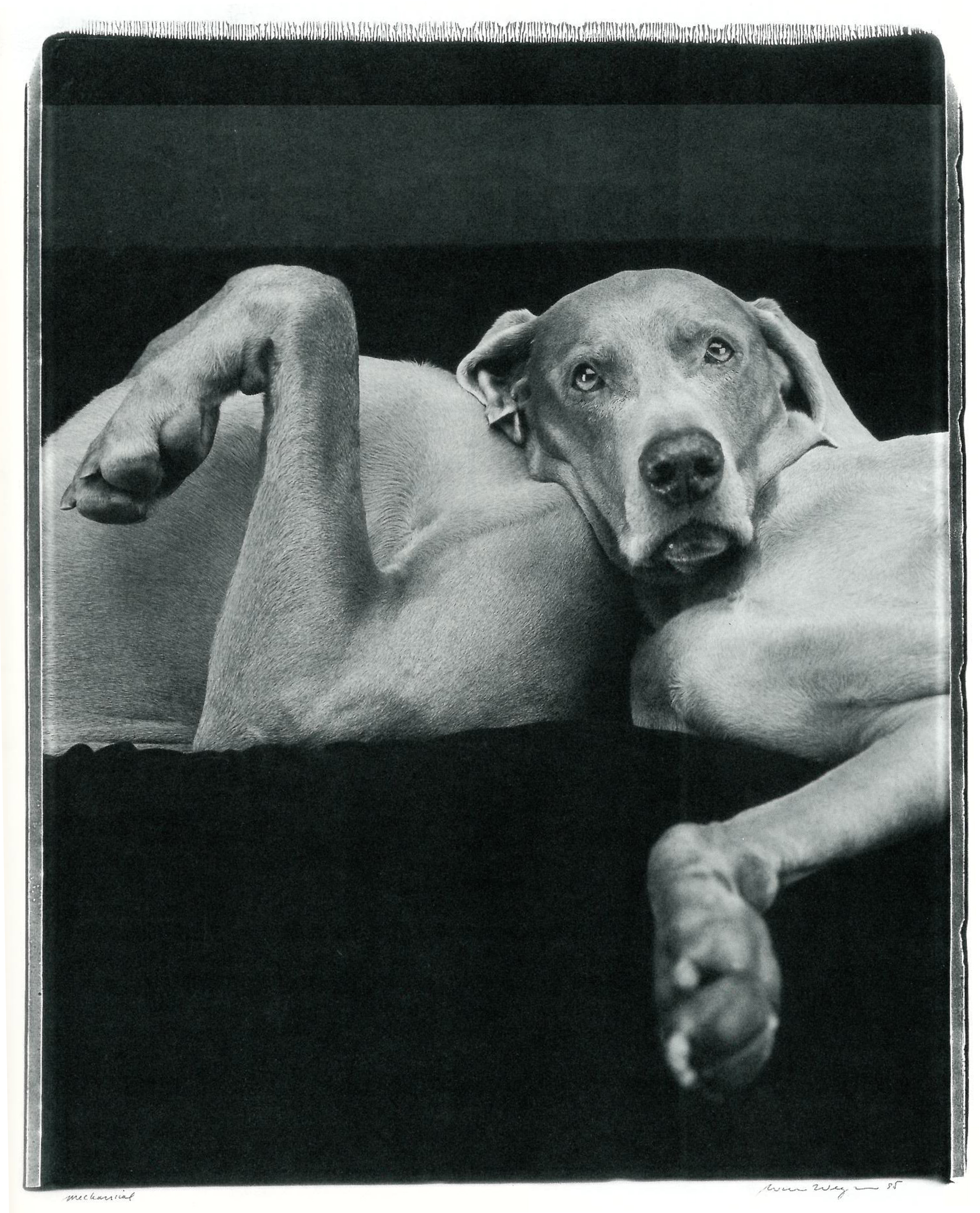
Dogs I usually think of as four-legged muscle relaxants, wagging counterparts to Penelope, or helicopter look-alikes with floppy ears for radars. They are creatures of hearth and home—household gods with legs—and they tie us to the places we know, and mark our territory with their own. Reflecting our secret hopes back to us, they obligingly allow us to project all our affections and fears upon them.
But dogs abroad—like everything abroad—are something else: strange and exotic and charged. They stand for all the forces we cannot touch, and, as much as welcoming us in, they keep us out. They are on home ground, their presence reminds us, and we are not. And in places we can never quite penetrate, where sorcerers fill the air, dogs stand for all the divisions we cannot see: between animals and angels, between angels and their dark inversions.
When I think of Bali, for example, in a certain mood—a troubled mood or a doubting mood—I hear only the dogs howling in the dark. So much feels enchanted on that island, where sweet-smiling sylphs bring fruit to one’s room, and artists walk all day to temples, that nothing unpleasant seems allowed. Babies are carried on their parents’ shoulders and never touch the ground.
But at night, when darkness depends, Bali is given over to its dogs, and a counter-world, a shadow-realm, emerges. They are scrawny things, most often, these pariah beasts, demon-eyed and screeching, and it can seem as if all the care lavished on everything else here has left not a scrap for them. And they growl like vengeful furies, angry at being shut out from the dazzle all around. They growl, they yelp, they snarl at you as you walk the unlit lanes of Ubud. And as the night fills up with leyak witches and spooky dreams, their presence becomes as disturbing, as dissonant, as the jangled, syncopating gamelan music one hears coming from the trees. No walk through night-time fields feels safe.
And when I think of Tibet, I think of dogs, too, but in the high silence of blue-sky days. So much of that uplifting culture is behind barbed wire now, laid waste or mocked by invading Chinese soldiers and unwanted tanks. Yet, when I went to Drepung monastery, near Lhasa, and Sera, the spirit of those evacuated centers seemed to be preserved mostly by their dogs. There were thirty or forty of them in each, sitting quietly in sun-washed lanes, or serenely posted at the entrance to old prayer-halls, never barking or stirring or creating a fuss. It was as if the dogs were the custodians of a culture whose human elements had been sent away, and protectors of a calm as strong as that of their exiled leader, the Dalai Lama. When you visit “Little Lhasa” in Dharamsala, India, you see frisky Lhasa Apsos circumambulating the central temple with their wizened keepers; but when you visit Tibet, you find the mastiffs at the temple gates, changeless and unflinching.
Temple guardians come in two kinds, perhaps, fiercely yapping and serene. But travel teaches us that even our symbols of loyalty and constancy and companionship can also exist outside of us, the watchdogs of traditions we can inspect but never claim. They sit on other sides of gates we cannot see, and remind that, abroad, we find gods we cannot make our own.